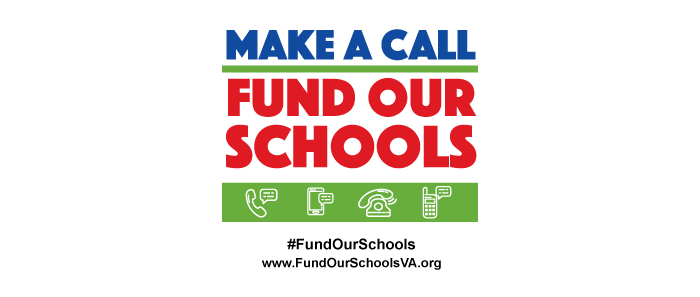Crossover Update – Advocating for Change

We are halfway through the 2020 Virginia legislative session, and the bills that have passed through both the House and Senate have now “crossed over” to be considered in the opposite chamber. LAJC is happy to report that a majority of the legislation that we have supported is still up for consideration this year, including:
Pretrial Detention and Decriminalizing Poverty
The unconstitutional “Habitual Drunkard” statute is one step closer to finally being removed from the Virginia Code after a bill repealing it was approved in the House.
Identical versions of our bill to permanently eliminate the practice of suspending driver’s licenses due to unpaid court debt has passed both chambers with wide margins (unanimously in the Senate)—one or both of these bills will still need to pass its opposite chamber before being sent to the Governor for signature, but their path looks promising. A second bill that repeals the 10-day mandatory minimum sentence given to drivers convicted of a third or subsequent offense of driving with a suspended license passed the Senate unanimously—there was no companion House bill, so we will be working that bill anew as it crosses over to the House.
Our bills addressing pretrial detention have each have taken a different path. The bill to roll back statutory presumptions that legally innocent people should be detained pretrial passed the House and has moved on to the Senate. Another bill to ensure meaningful first appearance in court with counsel did not make it out of the House, and a third bill to mandate the collection of a broad range of pretrial data did pass the Senate but with an a contingency clause that the final budget must include appropriate funding. While these bills may not make it through session, or at least not in their original forms, we continue to advocate for these efforts.
Protecting Immigrant Virginians
The minimum wage reform bills that have passed both the House and Senate will be heading to a conference committee. We are working with the Raise the Wage Virginia coalition to ensure that farm and agricultural workers become protected under our state wage law. This important aspect is included in the bill that passed the House but not the one in the Senate. We are advocating for its inclusion in the final legislation.
There is a similar situation with the effort to limit the cooperation between local law enforcement and Immigration and Customs Enforcement (ICE). The bill that has passed the House is much more comprehensive that the Senate version, so we are hopeful that the final conference committee language will maintain what is in the strong House bill.
Both chambers passed legislation to permit in-state tuition rates for any student who attended at least one year of high school in Virginia and graduates from high school in Virginia or attains a GED in the Commonwealth, regardless of immigration status—there may be some details to iron out in terms of how the final bill is designed, but we will be following the conference process closely to help shape that effort.
The campaign for Driver’s Licenses for All is closer than ever to success. A bill has made it through both chambers, with the House bill providing true (non-REAL-ID) driver’s licenses to immigrants, while the Senate bill limits this to “Driver’s Privilege Cards.” We believe it is vital to avoid a separate ID system for immigrants and are working with coalition members to advocate for the House bill’s provisions.
A Better Education
The House and Senate bills that will ensure that all students in Virginia, whether in school, on a school bus, or at a school-sponsored event, cannot be criminalized for “disorderly conduct,” have passed both chambers, and the House version is already on its way to the Senate floor after a successful Senate committee appearance just one day after Crossover. We are hopeful that they will continue to move forward with broad support.
There are three bills addressing school policing. One will open up data to the public on School Resource Officers’ (SRO) interactions with students, one increases and improves training for SROs, and the other increases how frequently agreements between schools and security agencies are reviewed. All three have passed both chambers.
Also easily getting through both the House and Senate: a bill to assure that school dress codes include anti-discrimination protections based on race and ethnicity, and one that extends educational stability protections to students in foster care up to age 22, helping those who age out of care at age 18 but are still pursuing their high school education.
The House bill that would have mandated Virginia fund our public K-12 educational system to match the recommendations made by the Board of Education’s Standards of Quality did not advance this session, while the Senate bill passed its own chamber with a contingency clause that the final budget must include appropriate funding. Still, even without the bills, we have a critical opportunity to increase funding for our K-12 schools and accomplish the bills’ goals through the budget itself. The process for creating the state budget is underway and our Fund Our Schools campaign is asking for help in calling the legislators who are negotiating the budgets.
Thank you for reading. We will update you at the end of the General Assembly session on what legislation has passed and what it means for our communities.

